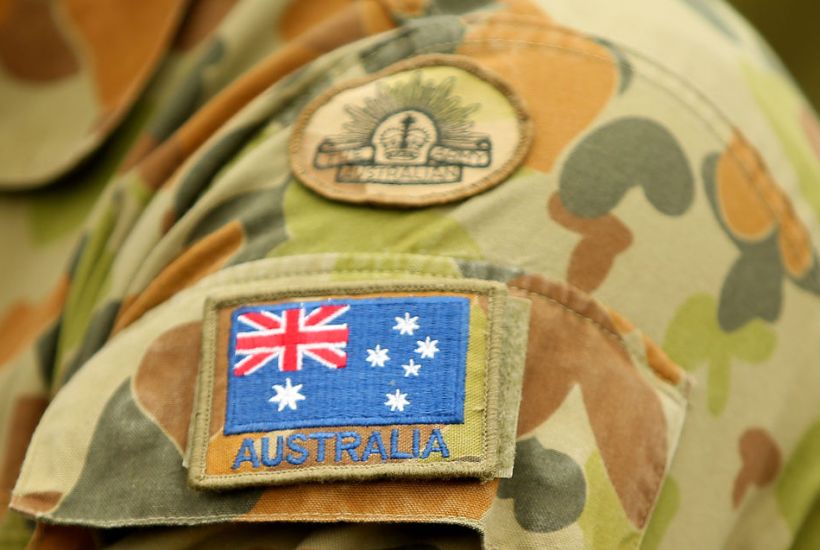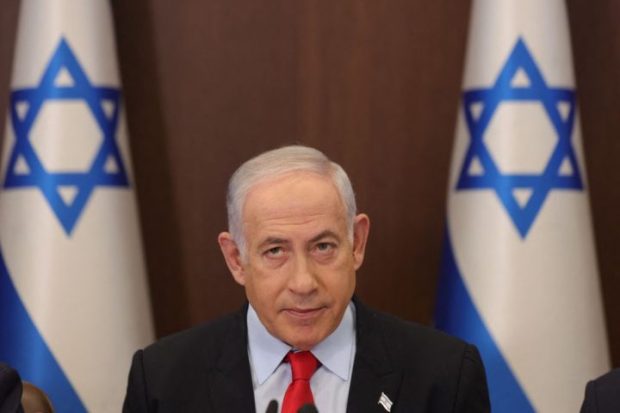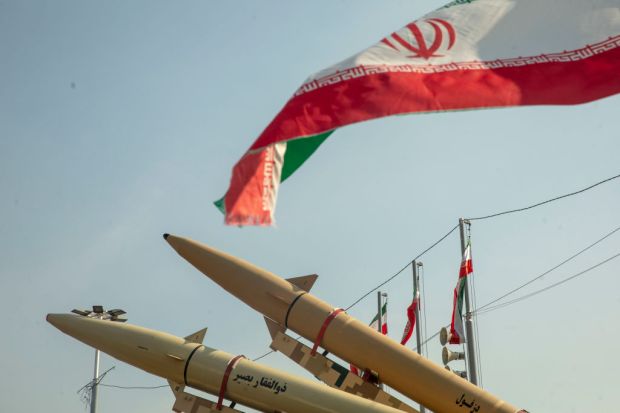The awkwardly-named AUKUS agreement reflects Washington’s escalating concern about China’s dominance in the Indo-Pacific. It signals London’s determination to be more, not less, involved in the global community after Brexit and the retreat from Afghanistan. Ultimately, however, this deal is about Australia. Few countries are as pivotal to regional security yet so poorly understood as such, at home and abroad, among commentators, politicians and policymakers. Australia’s standing in security terms is intimately linked to its alliance with the United States, but this relationship is not as one directional as some Australian critics believe. In defence and global security terms, Australia is a country with something to offer — quite a bit, actually — and AUKUS is another recognition of that.
There is a lot of romanticism and cynicism about Australia’s security relationship with the US. In political terms, the Aussie right prefers to focus on how the country fought alongside the Americans in World War II, the Cold War era ANZUS treaty and the close cooperation, intelligence-sharing and common values that undergird ‘the alliance’ (their version of ‘the special relationship’) that has been forged in the 75 years since.
The Aussie left, though less so the Labor party, sees the alliance as subordination of Australian interests to those of the US, an arrangement that led Australia into conflicts such as Iraq and Vietnam, where prime minister Harold Holt infamously pledged to go ‘all the way with LBJ’. The flaw in both these analyses is that they place politics ahead of realpolitik and it is in the latter that Australia comes into its own in security terms.
Australia is generally considered a ‘middle power’, but its strategic placement, trading strength and diplomatic reach are superior to that of militarily similar-sized nations. Its location places a large number of small and medium-sized Asian nations within its sphere of influence, it has built up highly profitable commercial links to countries where the US has less trading sway. It has also demonstrated its deft statecraft through APEC, close relations with ASEAN and developing economic and diplomatic ties to countries like Indonesia. That is not to say that Canberra is all soft power and no hardware. The defence budget gets a fair suck of the sauce bottle and, as of 2020, Australia was the 12th largest spender in the world, laying out more on security than Canada, Israel or Turkey.
Perhaps not fully appreciated beyond its participation in the Five Eyes alliance are Australia’s extensive intelligence-gathering operations, including through the Australian Secret Intelligence Service and Australian Signals Directorate. Australia is particularly vital to the US (and the UK) because of Pine Gap, a joint signals intelligence site near Alice Springs which intercepts missile telemetry, anti-missile radar emissions, satellite communications and long-distance phone calls across Asia, parts of Russia and the Middle East. Australia is one of America’s ears on the world.
The new trilateral agreement, which will begin with Canberra building eight nuclear-powered submarines, is plainly directed at consolidating American standing in China’s backyard. Given one Communist party aligned newspaper editorialised that ‘Australia could face the most dangerous consequence of being cannon fodder in the event of a military showdown in the region’, it’s safe to say Beijing has cottoned on. China in 2021 is a very different proposition from the China Bill Clinton saw in 2000, when, retailing his trade bill, he declared:
‘China has chosen reform despite the risks. It has chosen to overcome a great wall of suspicion and insecurity, and to engage the rest of the world’.
Under Xi Jinping, China has chosen ultranationalism and authoritarianism at home, aggressive expansionism beyond its borders, the crushing of Hong Kong’s semi-liberalism, increasing threats to Taiwan and confrontational manoeuvres in the Southeast Asia Sea. China’s infiltration and espionage efforts grow more blatant, its economic warfare more belligerent, and its influence over Western universities more troubling.
Then there is the small matter of the pandemic and resulting economic collapse China unleashed on the world, whether via a wet market outbreak (which it then covered up) or via a lab leak (which it then covered up), and which it has tried to intimidate Australia out of investigating. There are any number of foreign policy wonks and (un)free trade enthusiasts determined to believe it’s still 2000, and any number of conspicuously well-funded think tanks eager to downplay the threat China poses. But the threat is real, escalating and needs to be contained. There is little appetite for military adventurism after Iraq and Afghanistan, but that is all the more reason to build up our defences and bolster our alliances: a show of strength is a language Beijing understands.
One way to read the AUKUS agreement is as confirmation that Australia has retreated from its turn to Asia and wishes to remain a Western outpost. Former prime minister Paul Keating, a long-standing advocate of reorienting Australia away from the US and towards Asia, seems to regard the deal in much these terms. He says it will cause ‘a further dramatic loss of Australian sovereignty, as material dependency on the US robbed Australia of any freedom or choice in any engagement Australia may deem appropriate’.
With greatest respect to a Labor lion, this ideological reading fails to reflect how Australia’s clout has swelled along with its strategic utility and retreads the flawed Keating logic that to join Asia Australia must leave behind America. There is scarcely a capital in democratic Asia, where alarm is growing over China’s intentions, that will want to be less close to Australia as a result of this agreement.
Australia is emerging as an indispensable nation, not merely a bridge between West and East but a guarantor of regional security, stability and prosperity for both as well as for itself. AUKUS opens Canberra up to the old saw that it is nothing more than a US lapdog, but Scott Morrison is in fact demonstrating just how strong Australia has become. It is a country that, more and more, can carve out its own role in the world rather than take what it’s given and pretend to like it. We are on the cusp of an Australian moment in which the lucky country comes into its own and others come to realise how fortunate they are that it’s there.
Got something to add? Join the discussion and comment below.
Get 10 issues for just $10
Subscribe to The Spectator Australia today for the next 10 magazine issues, plus full online access, for just $10.




















Comments
Don't miss out
Join the conversation with other Spectator Australia readers. Subscribe to leave a comment.
SUBSCRIBEAlready a subscriber? Log in